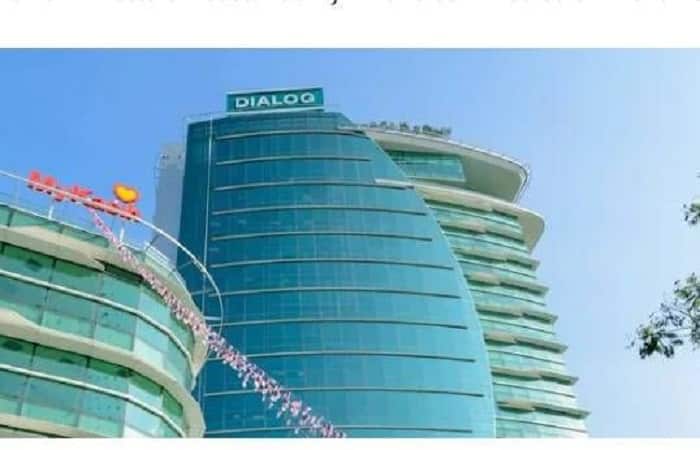Petrochemicals Renewable Polymers 14-08-2021 - Arhive
Petrochemicals Renewable Polymers
August 12, 2021 | Global themes | Recycling Technologies | Swindon | United Kingdom
Circulor, the leading provider of sustainable supply chain and dynamic CO2 traceability, announces a partnership with the broad energy company, TotalEnergies, and Recycling Technologies, a chemical recycler of plastic, to develop a blockchain-enabled traceability solution for Hard-to-Recycle Plastics (HTRP). The project is being assisted with financing from Innovate UK.
Project TRACKCYCLE will embed blockchain technology into the advanced recycling value chain, with the aim of providing a fully traceable and accurately labelled record of recycled materials, from the waste sourcing up to the use of recycled polymers in new production streams. This will provide all the stakeholders in the polymers industry with visibility of the provenance and quality of the materials entering and exiting their facilities.
As part of the TRACKCYCLE project, TotalEnergies and Recycling Technologies teams will leverage their industrial and R&D expertise to improve the traceability of feedstock from post-consumer plastic wastes used in the production of recycled polymers. The consortium will work closely with several plastic waste suppliers, including a multinational FMCG company that provides post-industrial waste.
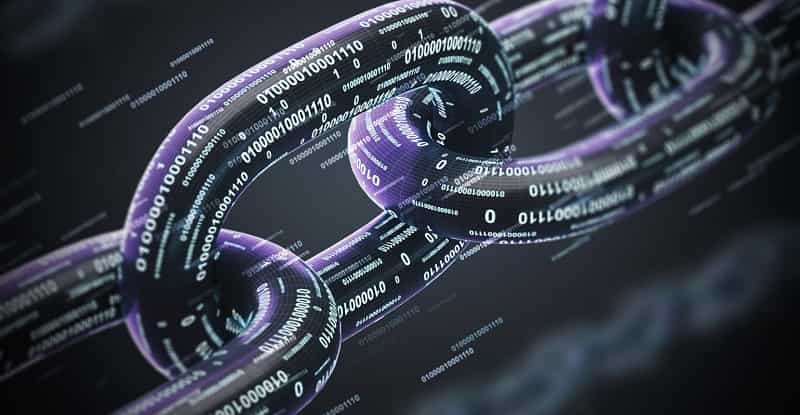
-Stora Enso and Tetra Pak join forces to triple the recycling capacity of beverage cartons in Poland
The two companies will partner to provide circular solutions to the market. The investment in a complete recycling solution is set to significantly improve recycling throughout Central and Eastern Europe Petrochemicals Renewable Polymers
The partnership, that follows a comprehensive feasibility study, sees the introduction of a large-scale carton repulping line at Stora Enso’s Ostrołęka production unit in Poland. The line will triple the annual recycling capacity of used beverage cartons in Poland from 25 000 to 75 000 tonnes. This will allow recycling of the entire volume of beverage cartons sold in the country and the ones coming from neighbouring countries, including Hungary, Slovakia and the Czech Republic.
The total investment is EUR 29.1 million. Stora Enso will invest EUR 17 million into a new repulping line that will recover the carton fibers. Tetra Pak along with Plastigram will invest a total of EUR 12.1 million to build an additional line. It will recover and separately recycle the polymers and the aluminium, using a patented separation technology. Both lines will be operational in the beginning of 2023.
The separated materials will be used as raw materials for various end applications. Recycled fibers will be integrated into Stora Enso’s recycled board. The separated polymers and aluminium will be given new life in the form of different kinds of products, such as pellets and foils.
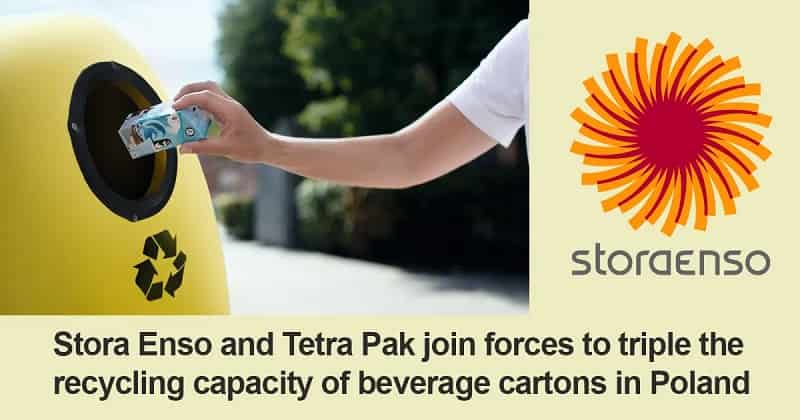
-Dialog plans venture into plastic recycling business
Dialog Group Bhd is planning to produce food grade recycled plastic packaging products together with a local partner, the company’s first venture into downstream petrochemical business.
Dialog, in a filing today, said it has entered into a memorandum of understanding with Diyou Fibre (M) Sdn Bhd to set up a special purpose vehicle (SPV) for the venture with a total investment outlay of approximately US$25mil (RM106mil).
Dialog will own a majority 51% equity interest in the SPV while its partner will take up the remaining 49%. Petrochemicals Renewable Polymers
The proposed SPV will build, own and operate a food grade recycled polyethylene terephthalate (recycled PET) pellets production facility using recycled PET flakes as raw material.
“The SPV will sell food grade recycled PET to food & beverages customers,” Dialog said.
This proposed venture into the post-consumer plastics recycling industry would be Dialog’s first investment into the downstream petrochemicals business.
-Bioplastics production offers opportunities for pharmaceutical applications
The search for the ultimate alternative for traditional plastics has been going on for many years. The BERN partnership is one of the initiatives focusing on the development of bioplastics.
The BERNN project follows the concept of the New Plastics Economy. According to this thinking, plastic need never be waste: it always returns to the plastic cycle to produce products and chemicals. In this way, plastics retain their value, or (in the case of upcycling) are even upgraded. Petrochemicals Renewable Polymers
Circular Biopolymers Value Chains
In the project Circular Biopolymers Value Chains, research is done on biopolymers and in this specific case on polyhydroxyalkanoate (PHA). PHA has the potential to become the most sustainable bioplastic.
It is a biopolymer that occurs naturally in the cells of bacteria, and can be made from natural residual streams (such as fruit and vegetable residues and waste water). In addition, PHA is fully biodegradable; it is broken down by micro-organisms into CO2 and water. Petrochemicals Renewable Polymers
Bacteria make these PHAs for energy storage. When a food source (consisting of biodegradable compounds such as sugars and fats) is available in abundance, the bacteria produce PHAs and store them in their cells. At times of food shortage, they still have a carbon and energy source to survive and grow with.

-DCL acquires Sun Chemical’s performance pigments plant
DCL, supplier of colour pigments and dispersions for the coatings, plastics, and ink industries, has acquired Sun Chemical’s manufacturing facility in Goose Creek, South Carolina, USA. Petrochemicals Renewable Polymers
The acquisition includes the production and sales of the perylene and quinacridone product portfolios, along with select other specialty products.
Perylenes and quinacridones are specialty pigment families providing high chromaticity, high durability, high heat stability and transparency for automotive, industrial coatings and engineered plastics markets. The acquisition closed on July 31, 2021.
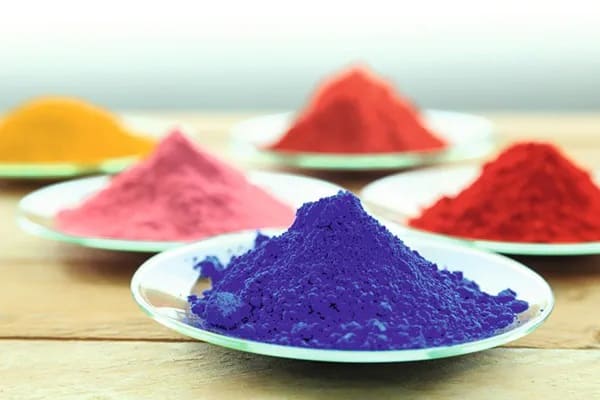
-How and why flexible packaging trends are changing
Nicola Bucchioni, Atlantic team leader at UBE Europe’s engineering plastics business unit, presents an overview of flexible packaging trends through the ages, and what the future holds for the category. Petrochemicals Renewable Polymers
From wooden boxes to glass, paper bags, tin, metals and aluminium, packaging can be traced to the genesis of human existence. The industrial revolution of 1760-1840 triggered increased production, supply and consumption — even demands for new products. This era also led to innovative plastic packaging to preserve food, protect food from contamination, improve quality of life, and meet the needs of consumers and the global population.
Flexible packaging is one such packaging invention, combining the mechanical and physical features of multiple layers of different polymers to balance functionality, environmental concerns and business considerations.
Flexible packaging comes in various formats such as seal and resealable pouches, gusseted bags, stand-up pouches, microwavable pouches, spouted pouches, zipper and vacuum bags. Today, flexible packaging is changing society as a protective skin for food and non-food products. However, flexible packaging trends are changing and influencing food producers, suppliers, retailers, brand owners, consumers and recyclers.
How and why flexible packaging trends are changing
Nicola Bucchioni, Atlantic team leader at UBE Europe’s engineering plastics business unit, presents an overview of flexible packaging trends through the ages, and what the future holds for the category.
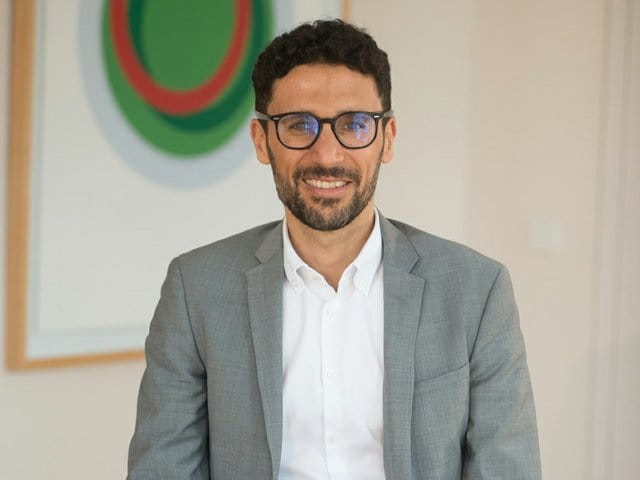
-Mitsubishi announces chemical recycling project with Mura Technology, KBR
Japanese chemical manufacturer Mitsubishi Chemical has unveiled plans to develop its first chemical recycling project with licensed technology from Mura Technology and KBR, according to a press release on Aug 12.
The project will be based at Mitsubishi’s Ibaraki Plant in Japan, with the capacity to recycle 20,000 mt of plastic waste per year. The company is expected to complete construction in 2023. Petrochemicals Renewable Polymers
The announcement follows a licensing agreement for the trademarked HydroPRS process signed on June 16, with UK-based chemical recycler Mura Technology and US-based engineering company KBR.
Chemical recycling has been increasingly viewed as a viable alternative to mechanical recycling by the plastics industry, as it allows plastic wastes that were previously landfilled or incinerated to be recycled without downgrading.
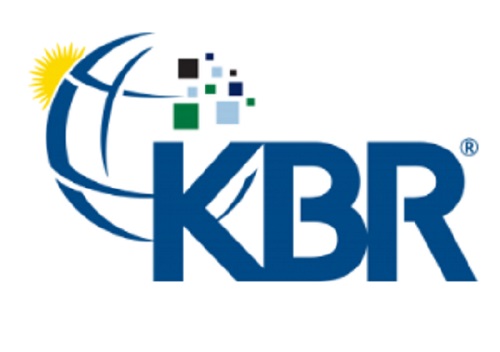
-Avantium makes commercial progress while financing discussions for the FDCA flagship plant continue
Avantium reports its 2021 half year results.
Key Business Developments in the First Half of 2021:
Avantium Renewable Polymers continues to work towards making a Final Investment Decision (FID) concerning the potential construction of the planned FDCA (furandicarboxylic acid) flagship plant:
Negotiations with banks and other parties continue around FDCA flagship plant funding. Petrochemicals Renewable Polymers
Avantium and a European feedstock provider have reached agreement on the terms of a strategic supply contract of high fructose syrup feedstock.
Bas Blom is appointed Managing Director of Avantium Renewable Polymers, effective 15 August 2021.
Avantium Renewable Chemistries made continued progress towards commercialisation with its Ray Technology™:
Avantium and Cosun Beet Company announced the ambition to jointly construct and operate the first commercial plant for the production of plantMEG™ (mono-ethylene glycol) and plantMPG™ (mono-propylene glycol).
Successful production of PEF (polyethylene furanoate) and PET polyesters with plantMEG™ from the Ray Technology™ demonstration plant.
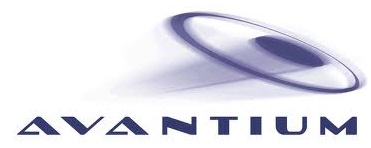
-PureCycle technology heading to South Korea
Florida-based polypropylene recycler signs onto joint venture with SK Global Chemical. Petrochemicals Renewable Polymers
Orlando, Florida-based PureCycle Technologies Inc. says it has signed a memorandum of understanding (MOU) with South Korea-based SK Global Chemical to explore building and operating a facility in that nation to recycle polypropylene (PP) scrap into what it calls “ultra-pure polypropylene resin (UPRP).”
Comments Mike Otworth, CEO of PureCycle, “Partnering with the leading recycling waste company in South Korea is a major milestone for PureCycle. We are bringing together a premier team of experts to achieve our goal of recycling 1 billion pounds [500,000 tons] of polypropylene [scrap] by 2025.”
Otworth calls it a “sad reality” that 91 percent of discarded plastic is not recycled. “That is exactly why our work with SK Global Chemical will be incredibly important to reducing plastic waste and helping society view plastic as an infinitely sustainable material,” he comments.

-How and why flexible packaging trends are changing
ASX-listed Neometals’ joint venture company, Primobius GmbH, has successfully commissioned stage one of its showcase lithium-ion battery recycling demonstration plant in Germany. The joint venture company is owned 50:50 by Neometals and SMS group GmbH. The partners have developed an innovative proprietary process that focuses on recovering cobalt and other valuable materials from spent lithium batteries. Petrochemicals Renewable Polymers
ASX-listed Neometals’ joint venture company, Primobius GmbH, has successfully commissioned stage one of its showcase lithium-ion battery recycling demonstration plant in Germany. The joint venture company is owned 50:50 by Neometals and SMS group GmbH. The partners have developed an innovative proprietary process that focuses on recovering cobalt and other valuable materials from spent lithium batteries.
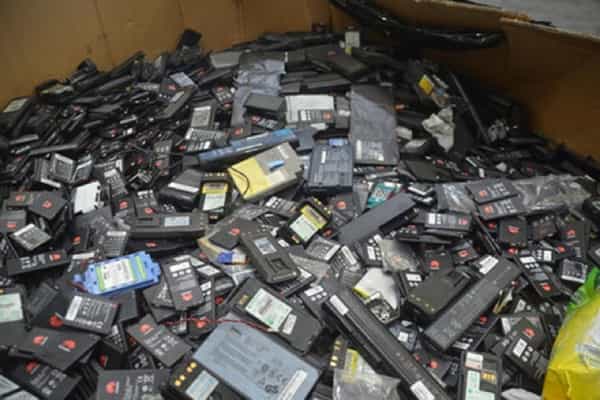
Petrochemicals Renewable Polymers
Petrochemicals Polymer Film 13-08-2021

